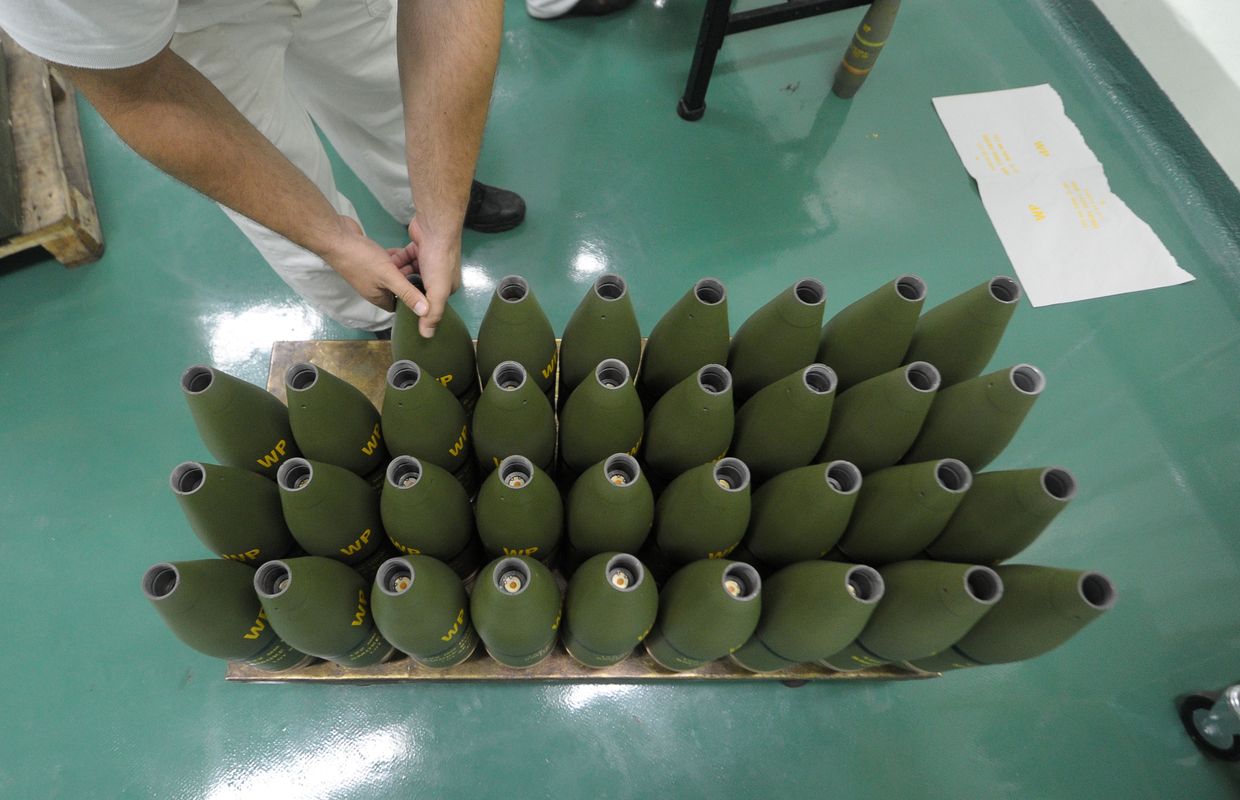NASA scientists are in a state of anxious limbo after the Trump administration proposed a budget that would eliminate one of the United States’ top climate labs – the NASA Goddard Institute for Space Studies, or GISS – as a standalone entity.
In its place, it would move some of the lab’s functions into a broader environmental modeling effort across the agency.
Career specialists are now working remotely, awaiting details and even more unsure about their future at the lab after they were kicked out of their longtime home in New York City last week. Closing the lab for good could jeopardize its value and the country’s leadership role in global climate science, sources say.
“It’s an absolute sh*tshow,” one GISS scientist said under condition of anonymity because they were not authorized to speak to the media. “Morale at GISS has never been lower, and it feels for all of us that we are being abandoned by NASA leadership.”
“We are supposedly going to be integrated into this new virtual NASA modeling institute, but (we have) no idea what that will actually look like,” they said.
NASA is defending its budget proposal, with a nod toward the lab’s future.
“NASA’s GISS has a significant place in the history of space science and its work is critical for the Earth Science Division, particularly as the division looks to the future of its modeling work and capabilities,” NASA spokesperson Cheryl Warner said in a statement.
“Fundamental contributions in research and applications from GISS directly impact daily life by showing the Earth system connections that impact the air we breathe, our health, the food we grow, and the cities we live in,” Warner said.
GISS has a storied history in climate science on the global scale.
James Hansen, a former director, first called national attention to human-caused global warming at a Senate hearing during the hot summer of 1988. The lab, founded in 1961, is still known worldwide for its computer modeling of the planet that enable scientists to make projections for how climate change may affect global temperatures, precipitation, extreme weather events and other variables.
The about 125 scientists who work there are also known for tracking global temperatures, with GISS’ records serving as one of the independent checks on other labs around the world monitoring global warming.
The lab stands out, the scientist said, for its “fundamental work contributing to our understanding of global warming, volcanic and aerosol forcing of climate, and advances in detection and attribution” of climate change impacts.
“All work that was curiosity-driven and enabled by the autonomy we had at GISS to pursue these questions,” they said, adding: “Everyone is stressed because we have no clarity from leadership on even what the long-term plan is. (It) Really feels like we are just being left to die on the vine.”
Another GISS scientist, who also spoke under the condition of anonymity, said the lab’s independence has been key to its success, which can be seen in the abundance of published studies from researchers at the facility.
The autonomy afforded to GISS over the years, given its distance from NASA headquarters in Washington, and its academic-like freedom helped its researchers take on important studies that might not be pursued in other circumstances, they said.
And unlike high-level managers at NASA, GISS’ leadership received high marks for their communications and advocacy of the center’s work, according to three researchers.
“It is important for climate modeling to continue,” one of the GISS researchers said. “They’re the best tools that we have for the planet.”
Lab’s fate seems clear, but the future remains hazy
A technical NASA budget supplement released late last week committed to “strengthening America’s leadership in space exploration while exercising fiscal responsibility. NASA is adapting the way we work and invest to accomplish our mission,” Warner, the spokesperson, said.
That Republicans’ proposed NASA budget includes funding for climate modeling at all is notable, considering its cuts for space exploration and overall Earth science. Numerous space exploration missions and satellites would be abandoned under the budget, including some satellites already in space that are actively sending climate-related data back to Earth.
The budget supplement makes GISS’ fate both clear and hazy. It states Earth system modeling activities at four different NASA centers will be merged into one “virtual institute.” This would incorporate “core capabilities” of GISS “as needed,” it adds.
“GISS as an independent entity will not continue,” the document says.
This fate may be considerably better for NASA’s climate scientists than the worst-case scenario seen at agencies like the National Oceanic and Atmospheric Administration, where the budget for nearly its entire weather and climate research portfolio would be zeroed out and most of its research labs shuttered.
Overall, the NASA budget would be a 24% cut compared to last year, with a 47% cut to agency science activities, according to The Planetary Society, a group that advances space science and innovation.
Its analysis found the NASA funding level would be the smallest since 1961 when adjusted for inflation.
The ultimate decisions on the future of climate modeling at NASA, as well as its space exploration activities, will fall to Congress as members consider the budget proposal, adding even more uncertainty to an already fraught period for GISS’s staff.
For more CNN news and newsletters create an account at CNN.com
.png)
 German (DE)
German (DE)  English (US)
English (US)  Spanish (ES)
Spanish (ES)  French (FR)
French (FR)  Hindi (IN)
Hindi (IN)  Italian (IT)
Italian (IT)  Russian (RU)
Russian (RU) 






Comments